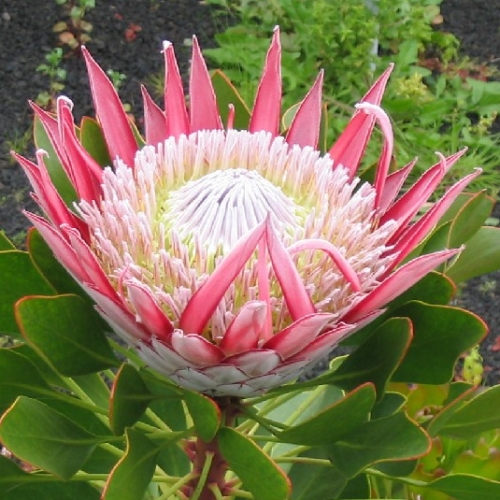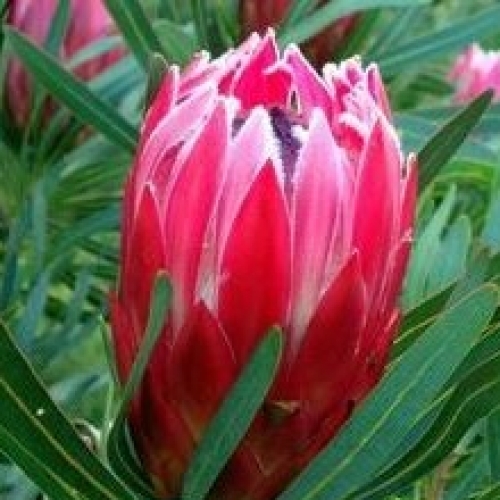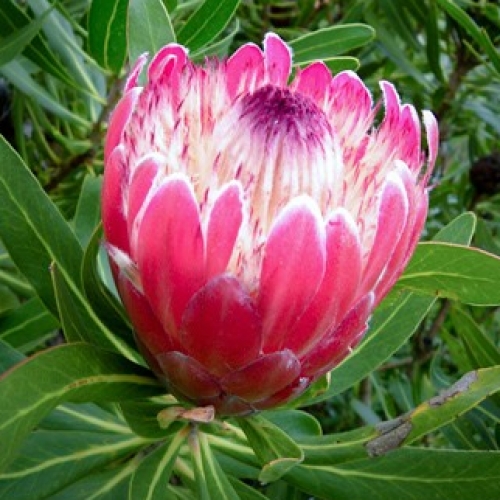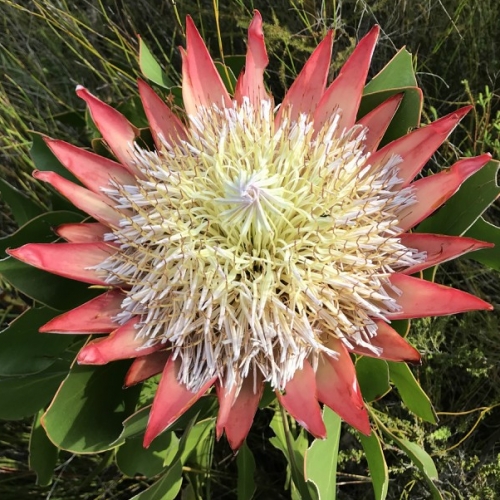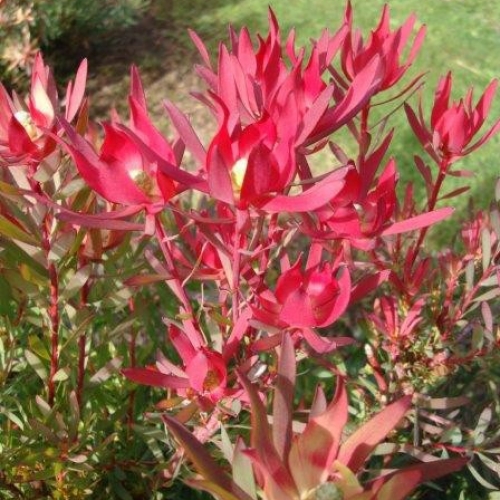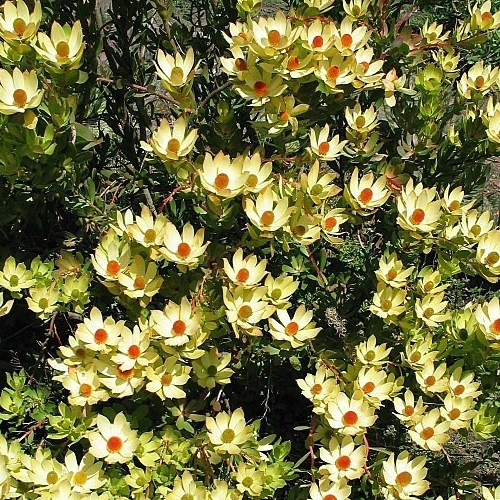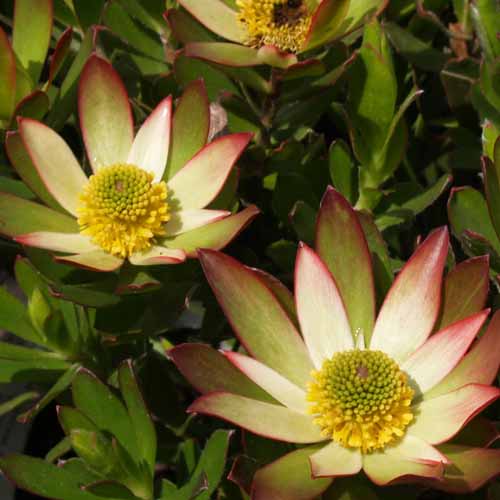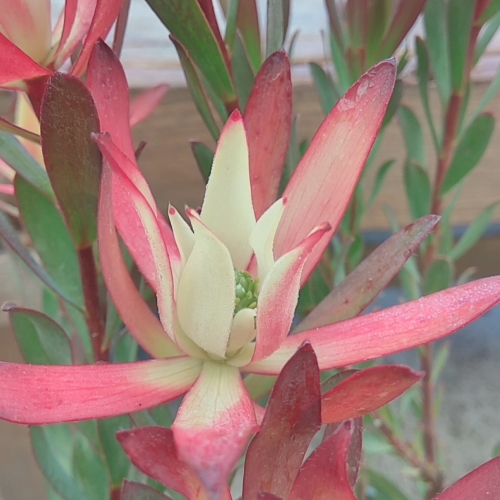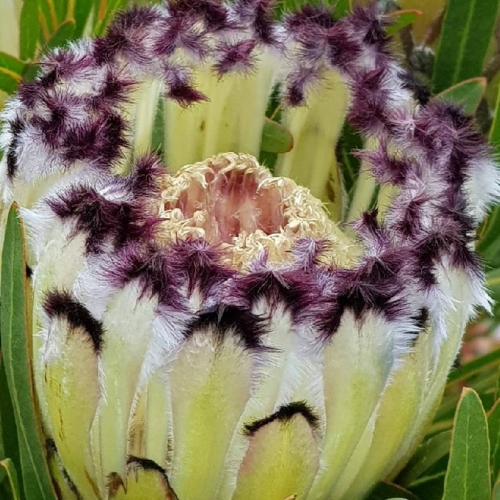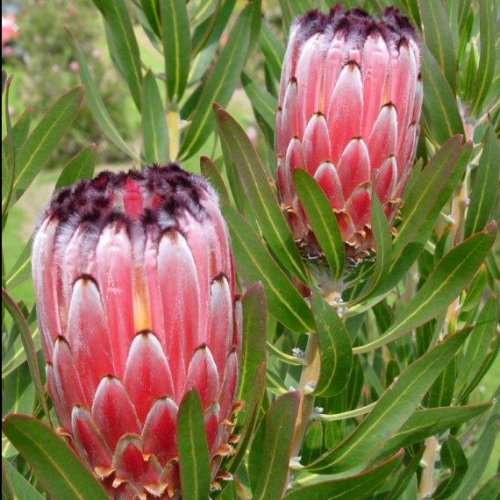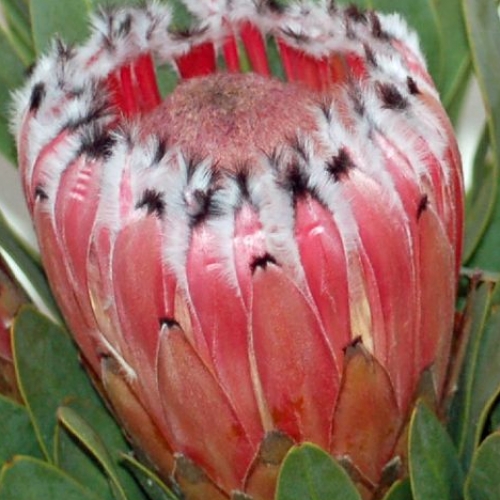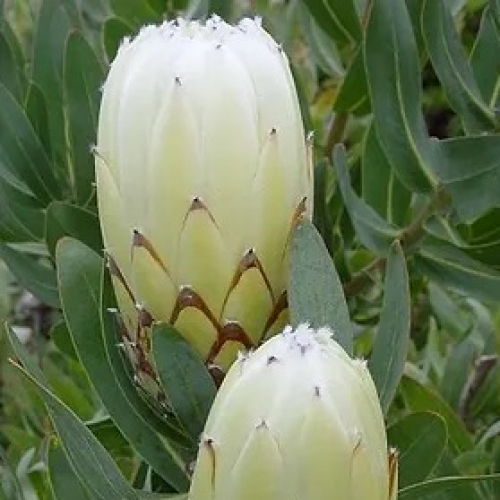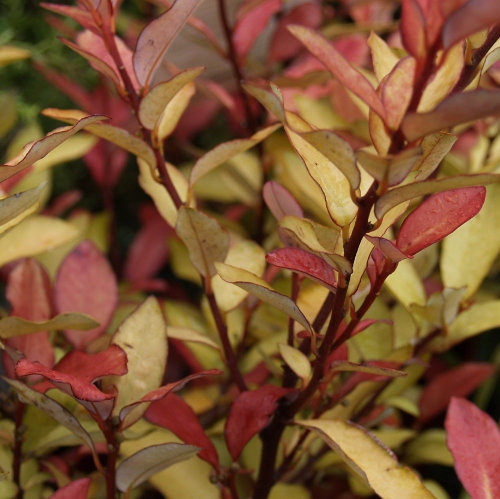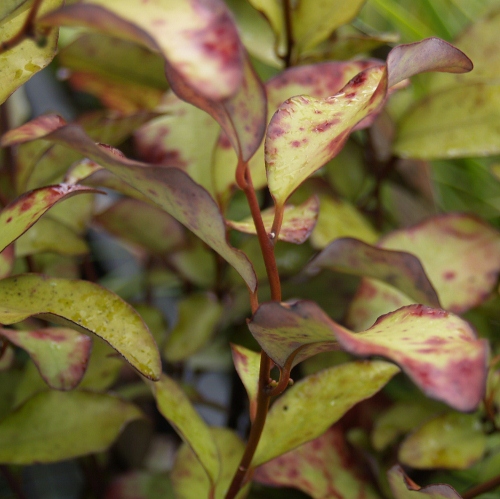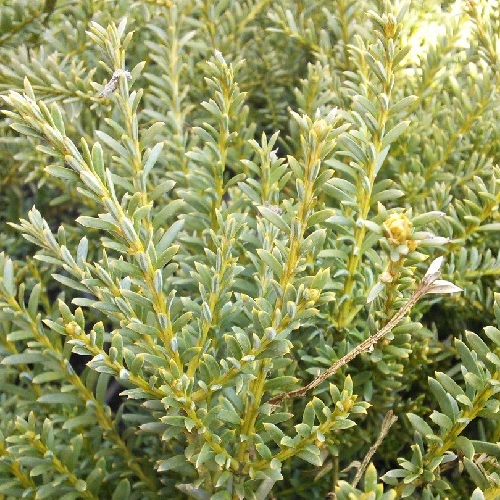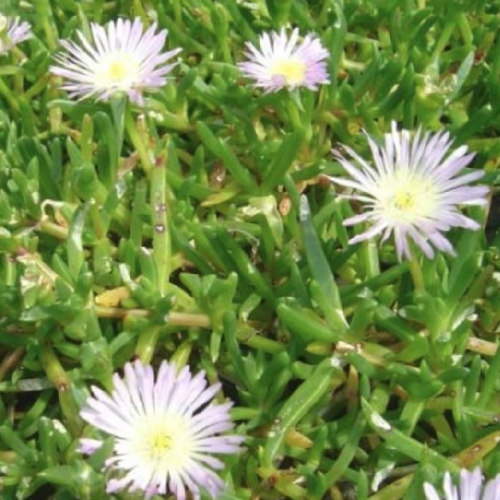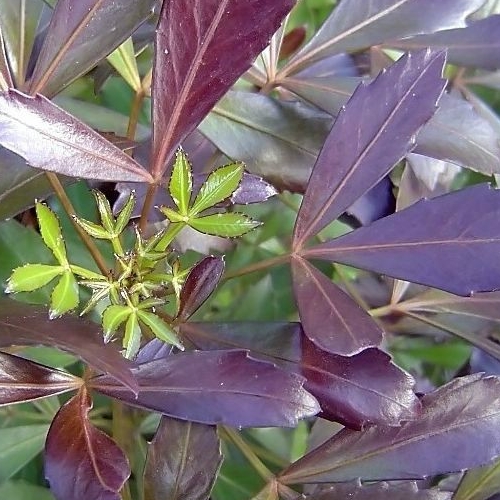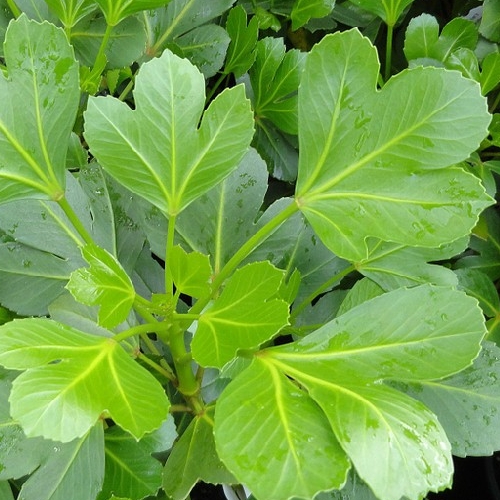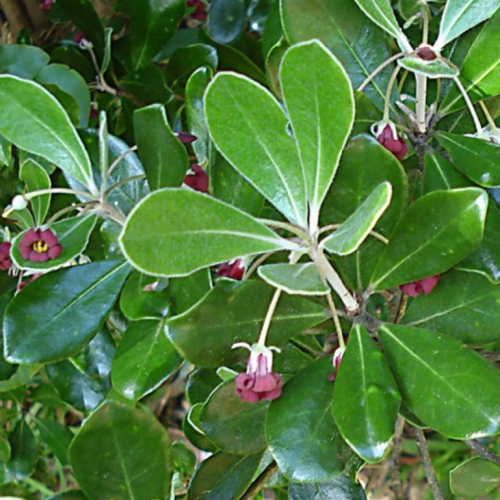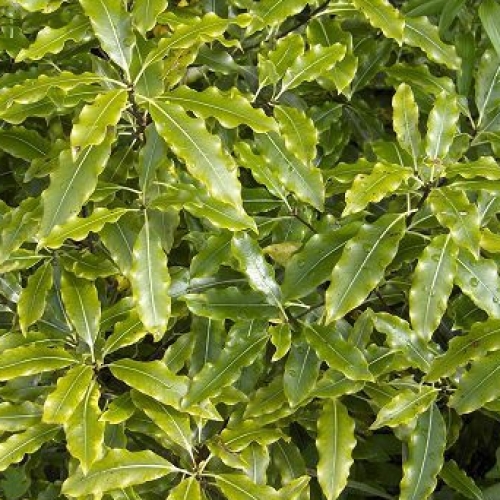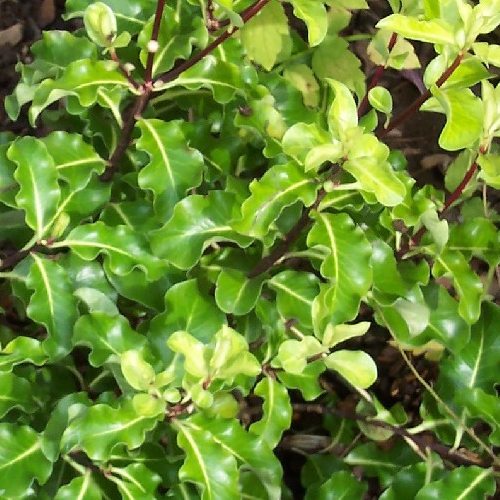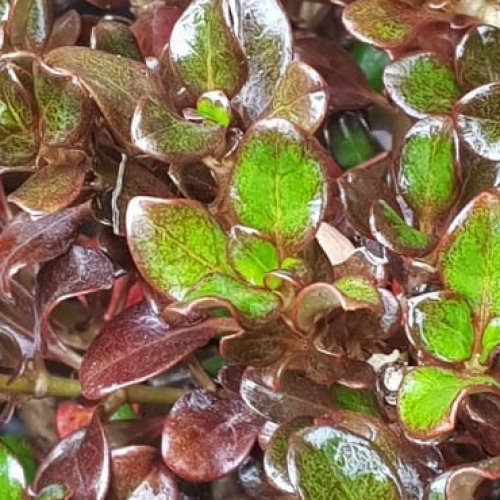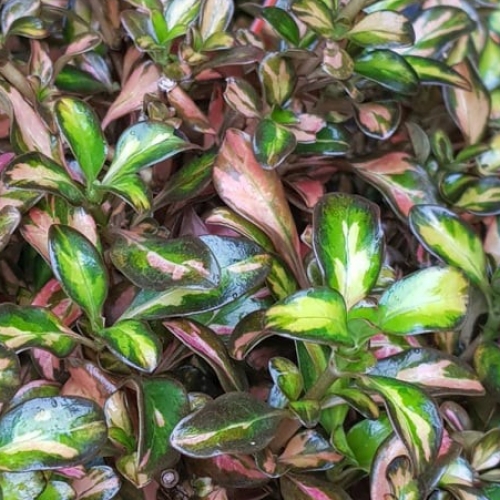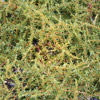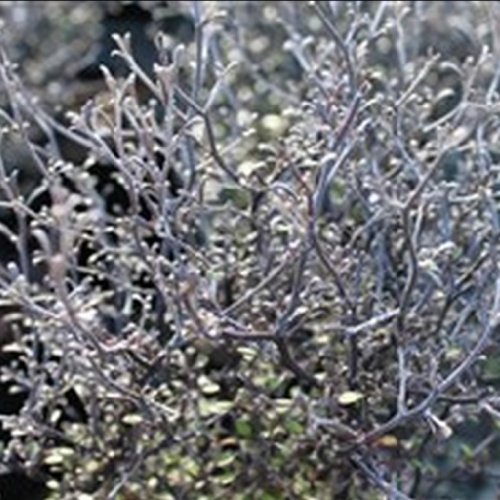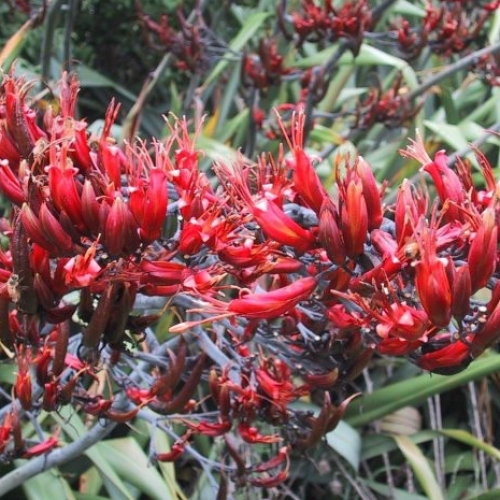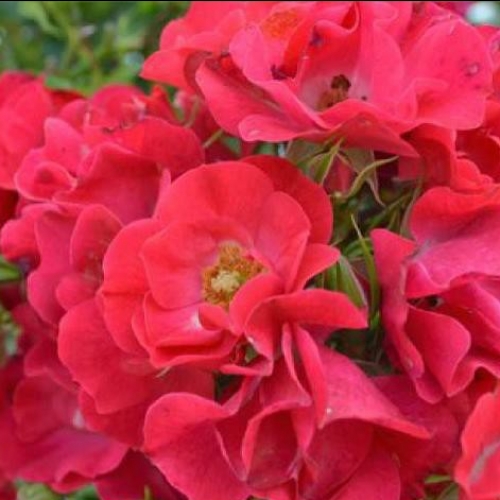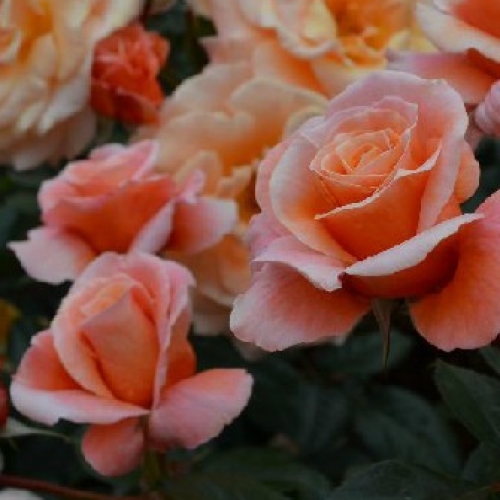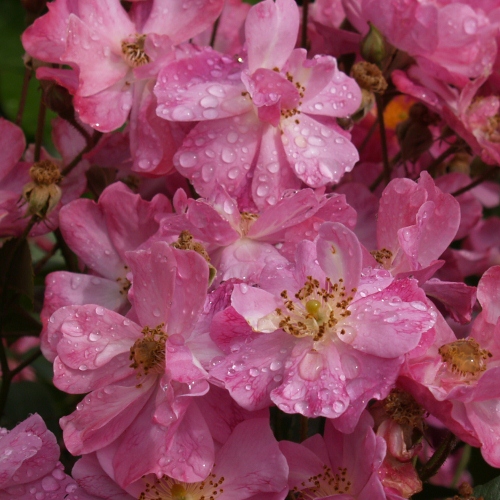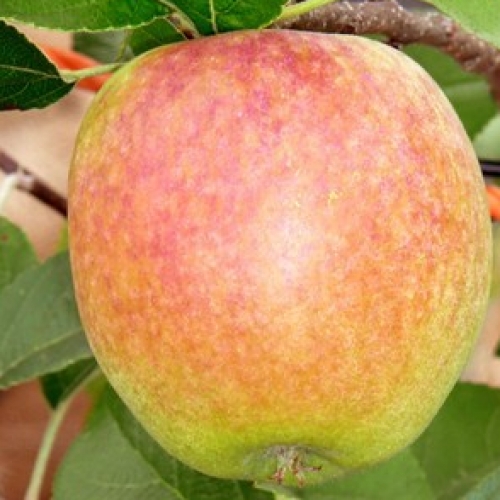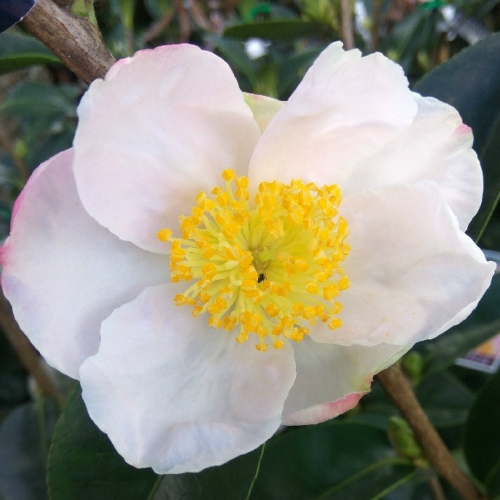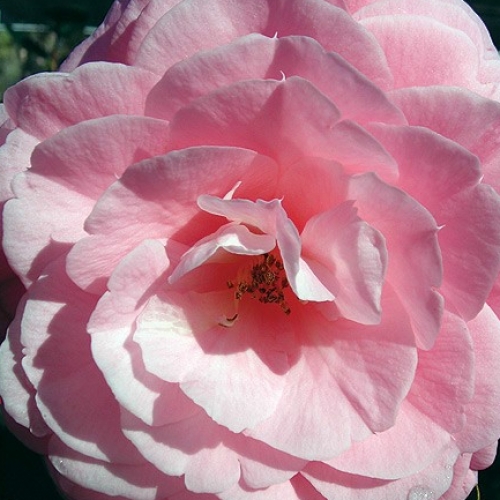Saturday 11th May, 2024
Hi
Choko Update
The fun facts about Choko in the last newsletter were to share something about this different plant, but for as long as I have been in the garden centre business they have never been a retail plant. Interestingly enough, some plants just don't present in a pot or are impractical for pot culture. Typically, for a plant like the Choko, the prickly green pear-shaped fruit are handed around via friends, garden clubs, community market days and the like. I even spy them as I drive into Hamilton city, as they cover sheds and the like with their hanging pear-like fruits, and guess that you could just knock on the door and ask if they had some spare. They are easy enough to grow from seed if you can manage to find a fruit.
On that note, I quizzed Brendon and apparently he found his original Chokos for sale in an Asian supermarket. These things just seem to sprout out from one of their ends and when they did he planted them in a pot and then planted them out in the garden after the frosts. I am guessing that they may need to be treated a tad like an annual, as winter may be too harsh for them here.
Tough and floral, famous for cut flowers with a long vase life are the Proteas
Proteas are quite a unique Genus of plants being perhaps one of the oldest flower types around, dating from some 300 million years ago when dinosaurs roamed the earth... The Proteaceae are a large and diverse family with over 1500 species and are pollinated by insects, birds, bats and small mammals. They are sometimes known as sugar bushes because of the relatively copious amounts of nectar that they produce, and this is what attracts all those pollinators.
The King protea (Protea Cynaroides) was discovered by a Swedish botanist Carl Linneaus in the 1700s and he was the one who gave this species, and the genus and family based on it, their names. If you are into Greek mythology, they are named after Proteus the son of Poseidon because he could change into any form, and Proteas are a remarkably diverse bunch.
The King protea (Protea Cynaroides) is one of the largest flowers and gets its common name from its resemblance to a crown. It took its position as South Africa's national flower in 1976. Although commonly known as native to South Africa, Proteas are also native to Australia. It is also interesting to know that Australia has the larger representation on the planet with over 850 species, followed by South Africa with some 330 species. They were officially introduced into Europe in the 1700s.
Proteas are a pretty hardy species having evolved to grow in nutrient-poor soils with specialized roots system called proteoids. It probably goes without saying that these tough floral cookies have also learnt to cope with wildfires which are pretty usual in their native countries of South Africa and Australia. Not only do they burst back into growth from dormant buds after a fire, but also their seeds germinate happily once the fire has passed.
If you have a hankering to grow some most amazing flowers that last for ages in the vase and can continue as dried flowers, then these are for you. Proteas are acclaimed as really tough and hardy and well, in their native environment they have evolved to survive and perform in quite extreme conditions of poor nutrition and wildfires. But we don't have those kind of conditions here as relatively, we have higher rainfall and much more fertile soils and more than likely we are not going to have a fire sweep through any time soon.
This doesn't mean we can't enjoy these here as they will grow in most average places provided there is full sun, good drainage and we don't give them any Phosphorus fertilizers. Many normal fertilizers will have too much in the way of phosphates so best not to give these. This is almost a plant that you don't need to water and feed once established, so to speak
We have a great range of these in now. Follow this link to see them all, but here are a few tasters to see. The King protea is pretty cool with the largest of flowers then there are the Nerifolia species and these have the most gorgeous feathery tips at the ends of their flowers.
Protea cynaroides (King Protea) Luscious leathery leaves and even more luscious satin pink flowers that appear in late winter early spring. The flowers are made up of feathery bracts that cover a large cone. Easy to grow in a sunny position as long is there is excellent drainage.
Protea Neriifolia Silver Tip An attractive cultivar with silvery pink bracts tipped with a white and black beard. Suitable as a picked flower. Flowering all year round. Evergreen.
Protea Nerifolia Alba An upright rounded shrub which has medium sized yellowy cream flowers throughout Autumn to Spring. Flowers suited to picking. Adaptable to most well drained soils in sunny situations.
Protea Almond Frost A highly sort after protea with its grey/green foliage and cream flowers. A pure white beard and fresh green base. Winter flowering but may throw the odd flower throughout the year in the right position.
Our new NZ native plant space and just arrived in
We have always had our NZ native plants but I felt it was time to increase our range and put them together more in an area, just for a change. I do like the diversity of our native flora and so Ang and I have added to our range with some different plants.
NZ doesn't have too many native conifers and
Libocedrus plumosa (Kawaka) is one of them. I do find its ferny lime green foliage very attractive and it makes for quite a cool conical-shaped conifer.
Pseudowintera colorata or pepperwood are stunning with their burgundy and cream leaves and there are quite a few cultivars to select from. Down the south island I have seen an area where these had naturalized and it was just a sight to behold. Reasonably slow growing and make for quite a handsome bush. Check out
Burgundy delight,
Red glow and
Red leopard.
Pidgeonwood Hedycarya Arborea Is an attractive NZ forest tree, with dark green oblong leaves with shallowly serrated edges. Plant in good soil, semi shade but is also shade tolerant. Evergreen.
Disphyma Australe Fast growing ground cover that is a coastal creeping succulent, works well in hanging pots. Evergreen.
Elatostoma rugosum, otherwise known as native bergonia or parataniwha, is a great plant for a damp spot where fussier plants, that don't like their feet wet, wouldn't thrive. Does well in semi-shade, filtered light and even full shade.
Natives at a great price for reveg. or landscaping projects
Also just arrived: lots of smaller-grade natives at the low price of $9.99 each that would look great planted in larger numbers for hedges, borders or just to transform a boring bit of land into a lovely little patch of native bush.
There are several
Pittosporum varieties at this price:
Pittosporum crassifolium (Karo) is a small tree with dense, dark gray-green, leathery leaves that are furry and silver underneath. Tough and hardy. Excellent clipping qualities, so suitable for hedging.
Pittosporum eugenioides (Lemonwood) is fast growing and frequently used for hedging, shelter and as a singular specimen tree. The leaves, have a lemon scent when crushed. Then there's everyone's favourite,
Pittosporum tenuifolium (Kohuhu). This one has small dark purple flowers that emit a heady fragrance in the spring evening air. Great for screening, hedges and for background foliage.
There are also a couple of
Coprosma varieties at this low price.
Coprosma evening glow, also known as
mirror plant, has lovely shiny leaves that are golden in summer and then change to deep orange and fiery red in the Autumn. Beautiful.
Coprosma Hawera has less spectacular leaves, but is fast growing and an excellent landscape plant for covering large areas of ground. It is hardy and tolerant of cold and wind.
We also have
Corokia little prince, a lovely dwarf Corokia with unusual, almost black foliage with a hint of silver, and that most forgiving and useful of flaxes,
Phormium tenax (harakeke). This flax tolerates just about any environmental conditions you can throw at it. Get in and get these little beauties while we still have them in large quantities.
They all have to go to make way for the incoming new season's roses. The start start date for potting roses has made it on the white board.
All
roses currently in stock are now priced to clear at just $15.00 each! Bushes, Climbers, even the remaining Standards (both 80cm and 45cm) are all this one amazing price! You can buy online and collect, or get couriered, but do have some second choices up your sleeve in case we happen not to have the one you are after.
Gosh it was a chilly start to the morning today, thinking that we had a -2 frost and I reckon it's the hardest one we have had here for some years. We have even had the frost cloth out which we haven't done on a regular basis for some time. It's also prompted me to get out the spray tank and
Vaporgard and arrange someone to spray all the citrus with their new growth and other various plants that otherwise might get frost marks on their leaves. These plants will need a second application in perhaps three days and hopefully that will suffice for the season. We do have
Vaporgard in stock if you want some.
A sunny weekend for Mother's Day. What more could we be after... lol, and great gardening weather.
Enjoy special time with all mothers, grandmothers and aunties and have the best weekend.
Cheers from Lloyd, Tony and the Wairere team.
